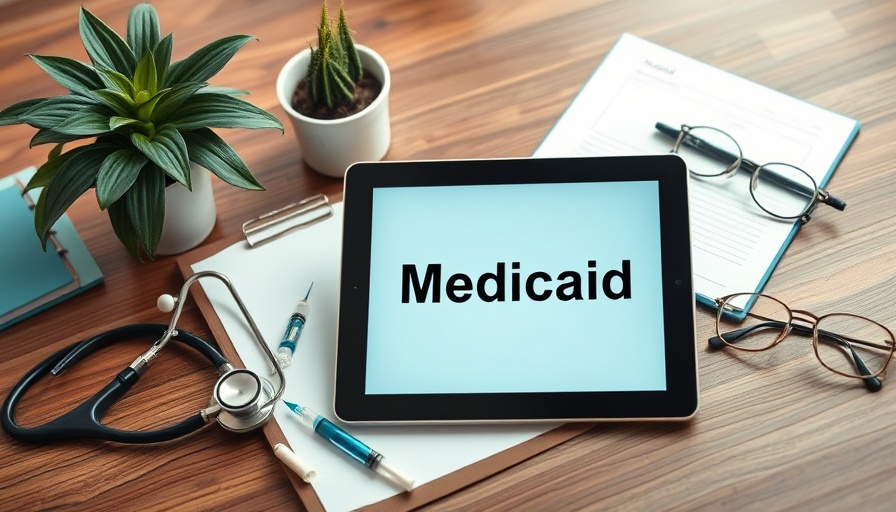
Millions at Risk: Medicaid Cuts Looming on the Horizon
A concerning new study highlights the dire implications of the “One Big Beautiful Bill Act,” revealing that approximately 7.6 million Americans could lose their essential health coverage should this bill be enacted. According to researchers, 16,600 individuals may die each year due to a lack of necessary medical treatment.
Understanding the Medicaid Cuts
The proposed cuts could significantly affect the healthcare landscape in the U.S. Dr. Adam Gaffney, an assistant professor of critical care medicine, expressed his alarm, stating, "The Medicaid cuts in the House Bill will strip healthcare from millions of Americans." He further emphasized the real-life consequences seen in ICUs when patients miss regular care, leading them to become gravely ill.
Predicted Impacts of Medicaid Reductions
The implications of these cuts are not just numbers; they represent real lives affected. Estimates show that these changes could prevent 1.3 million individuals from accessing medications, while over 380,000 women might miss crucial screenings for breast cancer. An alarming 246,000 people may face healthcare denial due to overwhelming medical debts as safety-net hospitals and clinics limit their services.
Potential Consequences for Public Health
While the House has proposed these drastic changes, the Senate is considering even deeper cuts. Combining these efforts could further jeopardize the health of countless Americans and spike preventable deaths. The stark reality is that without proper healthcare funding, underserved communities will bear the brunt of these decisions.
Action is Urgent: What Can You Do?
The ongoing budget discussions in Congress are critical. Individuals concerned about their healthcare coverage, the future of community health resources, and overall personal health should stay informed. Reaching out to representatives to express your concerns can play a vital role in influencing the decisions that affect health coverage.
As negotiations unfold, understanding these changes and advocating for equitable healthcare is essential. For more details on how these Medicaid cuts may affect you and your loved ones, contact us.
 Add Row
Add Row  Add
Add 




Write A Comment